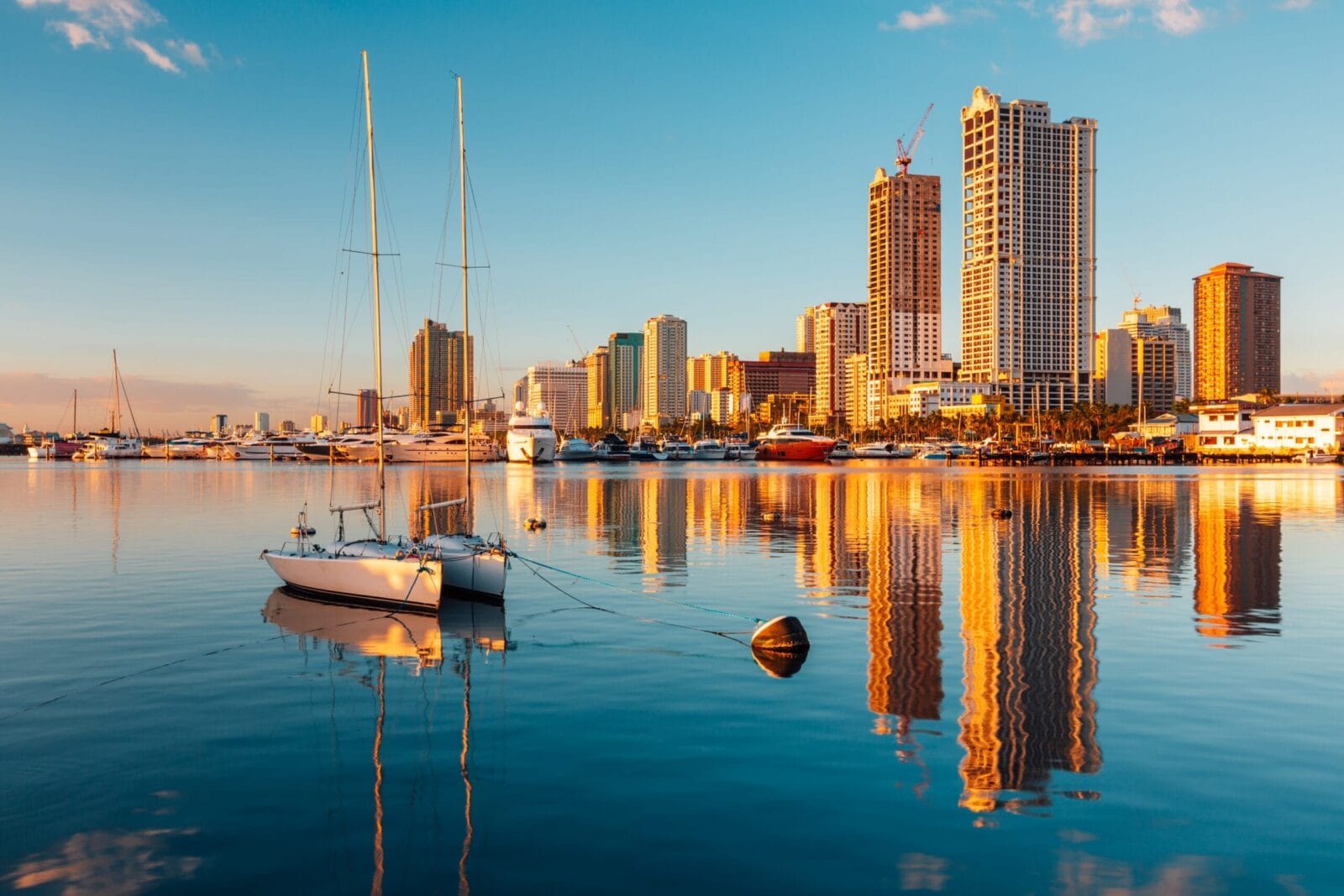The industry experts in bespoke residence and citizenship by investment solutions
Passport Legacy is the globally trusted residence and citizenship by investment firm recognised for delivering bespoke, high-value immigration investment solutions.
Founded in 2018, Passport Legacy is the preferred partner for thousands of international investors who turn to us for our unparalleled expertise and personalised approach.
A Swiss-owned and managed advisory operating through six global offices, we work hand-in-hand with governments around the world to provide seamless access to top-tier residence and citizenship by investment programmes that offer life-changing benefits.
As an established government-authorised advisory, our multi disciplinary international team of immigration investment experts work with clients every step of the way to secure extraordinary results.
Step into the world of Passport Legacy and witness our journey firsthand. Let our video take you behind the scenes, showcasing our passion, innovation, and commitment to excellence.
We have established a network of offices strategically located around the world. Each office serves as a hub for innovation, collaboration, representation and client engagement.
1347 Minet El Hosn, French Avenue Building, 2nd floor, Downtown Beirut, Lebanon
Podium 1 Office Building 3, Unit 102
Cairo Festival City, New Cairo 1
7th Floor, Churchgate Towers, Central Business District, Abuja, Nigeria
Suide 1A, Number One, Akin Adesola Street, Victoria Island
Menarco Tower
#26-123, 32nd Street, BGC, Taguig City
Metro Manila, 1634
Philippines
Office 107, First Floor, Mazaya Business Avenue AA1, Jumeirah Lakes Towers, Dubai, UAE
21 Collyer Quay
#16-114
Singapore 049320
26th Floor, Menara Maxis, Kuala Lumpur City Centre 50088, Kuala Lumpur Malaysia
Pathway for individuals to obtain citizenship of a country by making a significant financial contribution to that nation’s economy.
Residence by investment programs offer individuals the opportunity to obtain legal residency in a foreign country by making an investment in that nation’s economy.
Investing in international real estate offers individuals the opportunity to diversify their investment portfolio, capitalize on potential growth markets, and enjoy lifestyle benefits such as vacation homes.
Company setup involves the process of establishing a new business entity, whether it’s a sole proprietorship, partnership, corporation, or limited liability company.
Supplementary or additional services provided by a Passport Legacy to complement its core offerings and enhance the overall customer experience.
Get to know the passionate individuals who make up our organization. As an established government-authorised advisory, our multi-disciplinary international team of immigration investment experts work with clients every step of the way to secure extraordinary results.
Get to know the passionate individuals who make up our organization. As an established government-authorised advisory, our multi-disciplinary international team of immigration investment experts work with clients every step of the way to secure extraordinary results.
Led by industry experts, our world-class vetting process has been carefully devised to match every client with the best possible residence and citizenship by investment solutions, empowering them to secure their futures for complete peace
Led by industry experts, our world-class vetting process has been carefully devised to match every client with the best possible residence and citizenship by investment solutions, empowering them to secure their futures for complete peace of mind.
Comprising of sought-after international investment advisors and immigration professionals, our multi-disciplinary team delivers round-the-clock support at every step within our client’s immigration journey.
Driven by a unique operational model that simultaneously allows for the highest levels of customisation and efficiency, we help clients secure powerful second residencies and citizenships for life-changing results with multi-generational benefits.
We streamline the residency and citizenship investment process by offering a systematic approach with round-the-clock support.
We streamline the residency and citizenship investment process by offering a systematic approach with round-the-clock support.


Client Profession

Client Profession

Lorem ipsum dolor sit amet, consectetur adipiscing elit, sed do usmod tempor incididunt ut labore et dolore magna aliqua. – Client’s full name

Client Profession


Client Profession

Client Profession

Lorem ipsum dolor sit amet, consectetur adipiscing elit, sed do usmod tempor incididunt ut labore et dolore magna aliqua. – Client’s full name

Client Profession

Find out the latest news and articles on International media from our blog
Reach out to us with any questions, and one of our team will be in touch.
Subscribe to our monthly newsletter for the latest news in Residence and Citizenship by Investment.

Passport Legacy Consultancy Limited © 2025 All rights reserved.


Passport Legacy Consultancy Limited
© 2025 All rights reserved.


















Please wait while you are redirected to the right page...